Research Counts
The Research Counts series serves as a platform for hazards and disaster scholars to provide insights about research findings and the enduring lessons of disaster, as well as to raise new questions that are worthy of exploration. The pieces in the series are brief, drawn from a variety of disciplines, and intended for a broad audience.

Policies that deny flood aid to residents who cannot afford to repair their homes have created a gap that predatory lenders have jumped to fill.

Inclusive risk communication improves safety for all communities and is especially important for reaching people with disabilities or those that speak languages other than English. Learn more about key steps to make emergency alerts and warnings more accessible
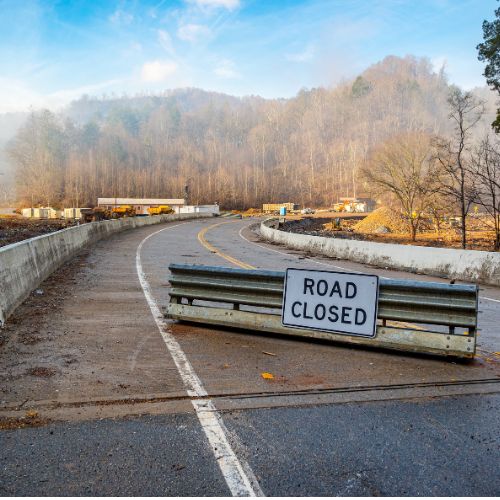
Incorporating equity into infrastructure planning can strengthen both the physical and social aspects of the systems people use daily, resulting in more resilient communities.
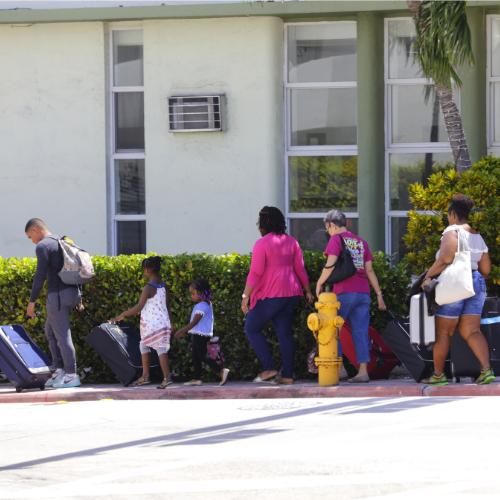
Evacuating is expensive, and for some people the risks of leaving can seem greater than staying despite the storm.
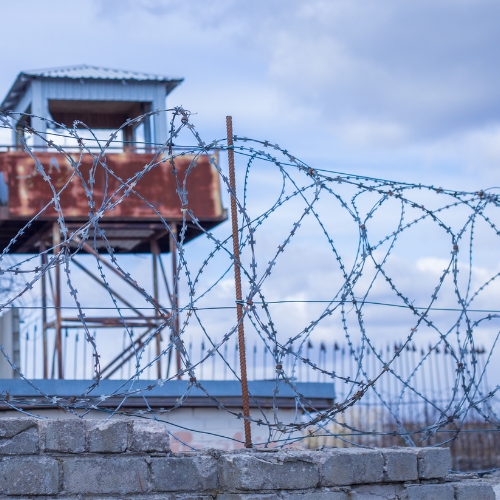
More than 65% of formerly incarcerated people reported experiencing climate-related hazards, according to survey results.
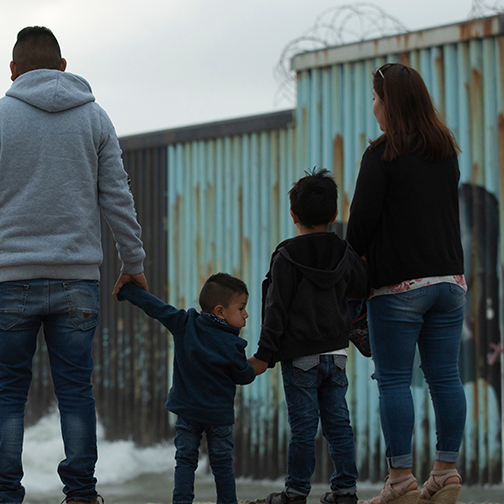
The ways that people who are undocumented prepare for the threat of deportation is a study in resilience—with lessons for disaster readiness.
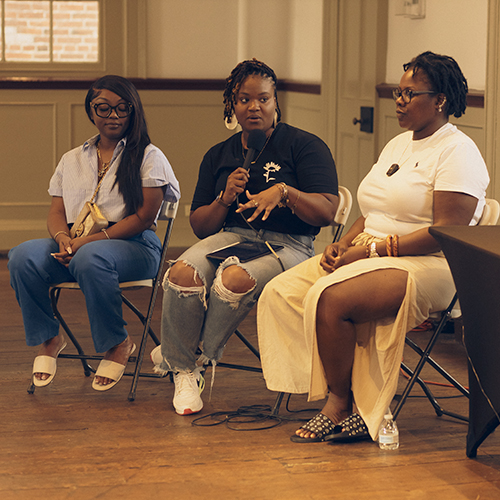
Arts-based activism—artivism—can connect those impacted by disasters with those who work with and study them. This humanizing approach can improve research outcomes and address social injustices.

Older adults have a wealth of skills, talents, and knowledge that can be brought to bear in a disaster situation. Recognizing their resilience is good for them and good for the community.
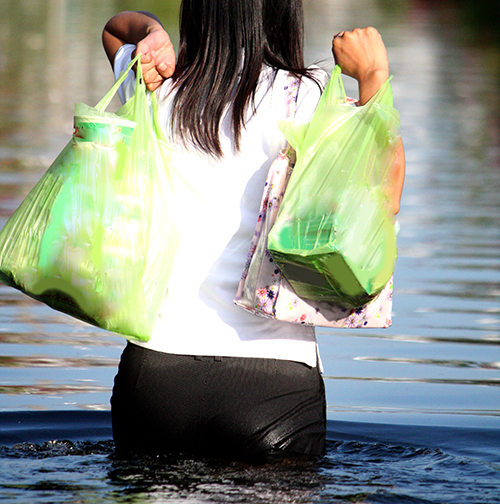
Immigrants—especially women—face distinct challenges in disaster recovery. Learn more about the experiences of Mexican women in Houston after Hurricane Harvey.
If you are interested in contributing to this series, please contact Natural Hazards Center Director Lori Peek directly at lori.peek@colorado.edu.
